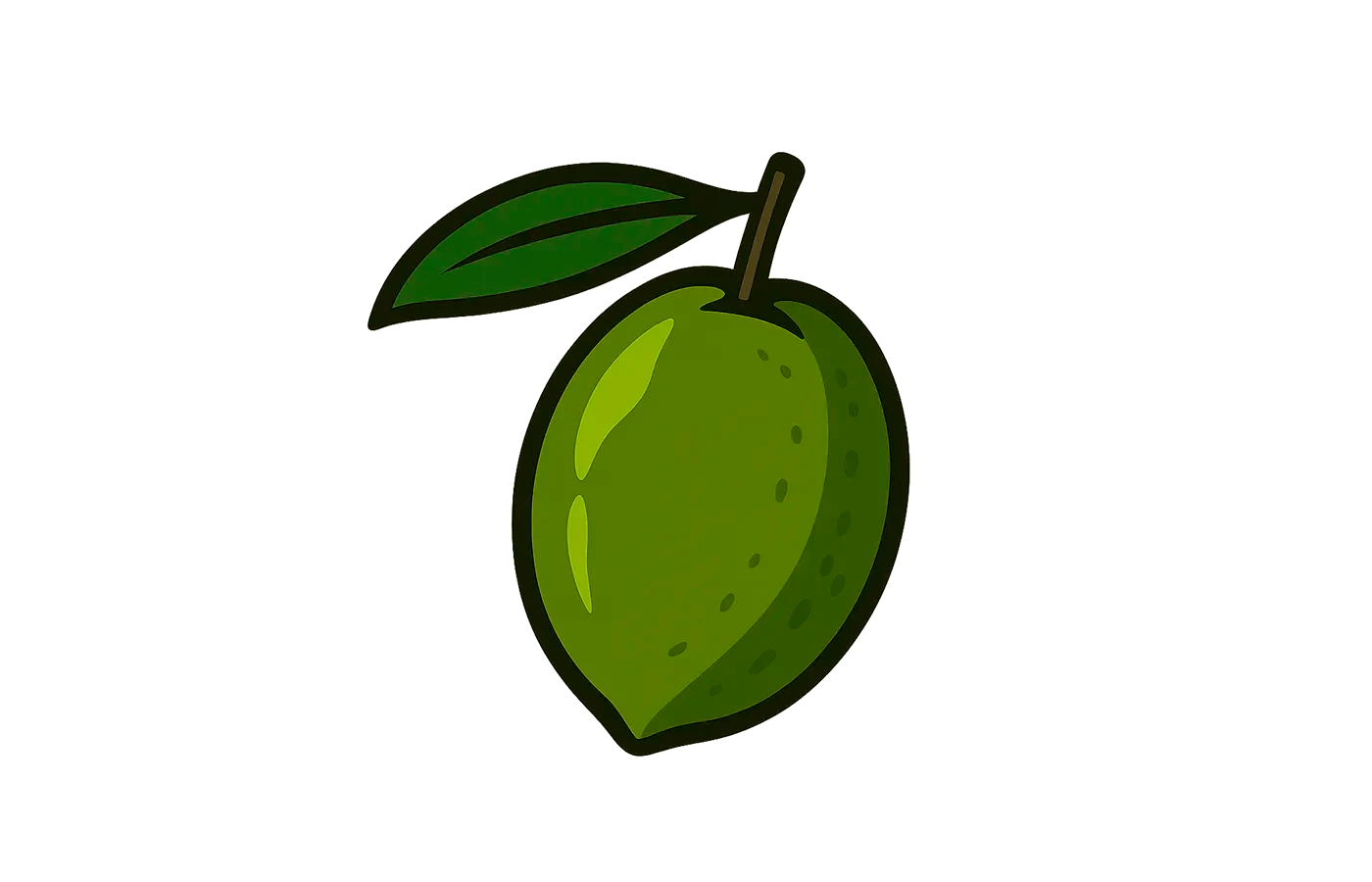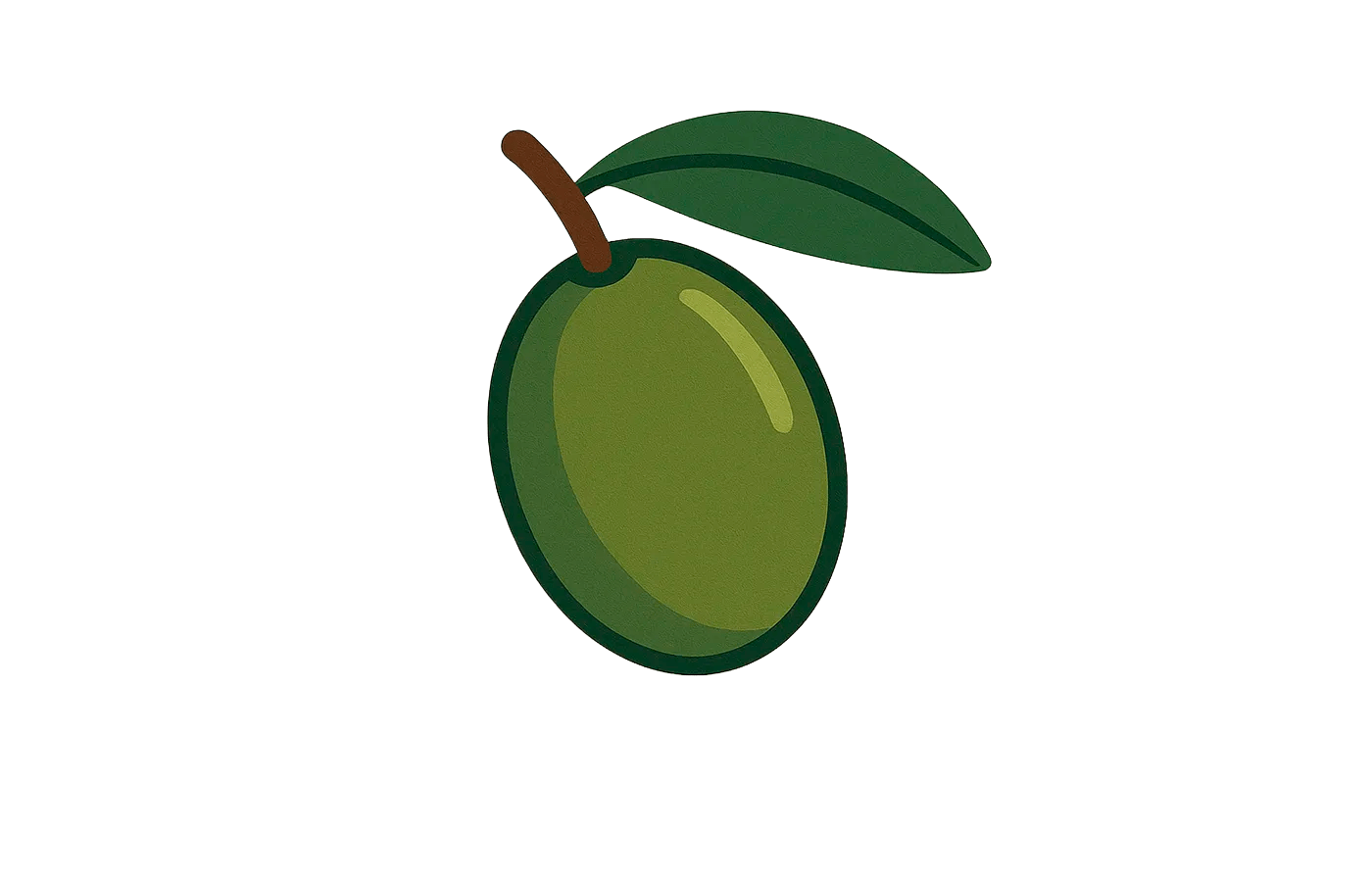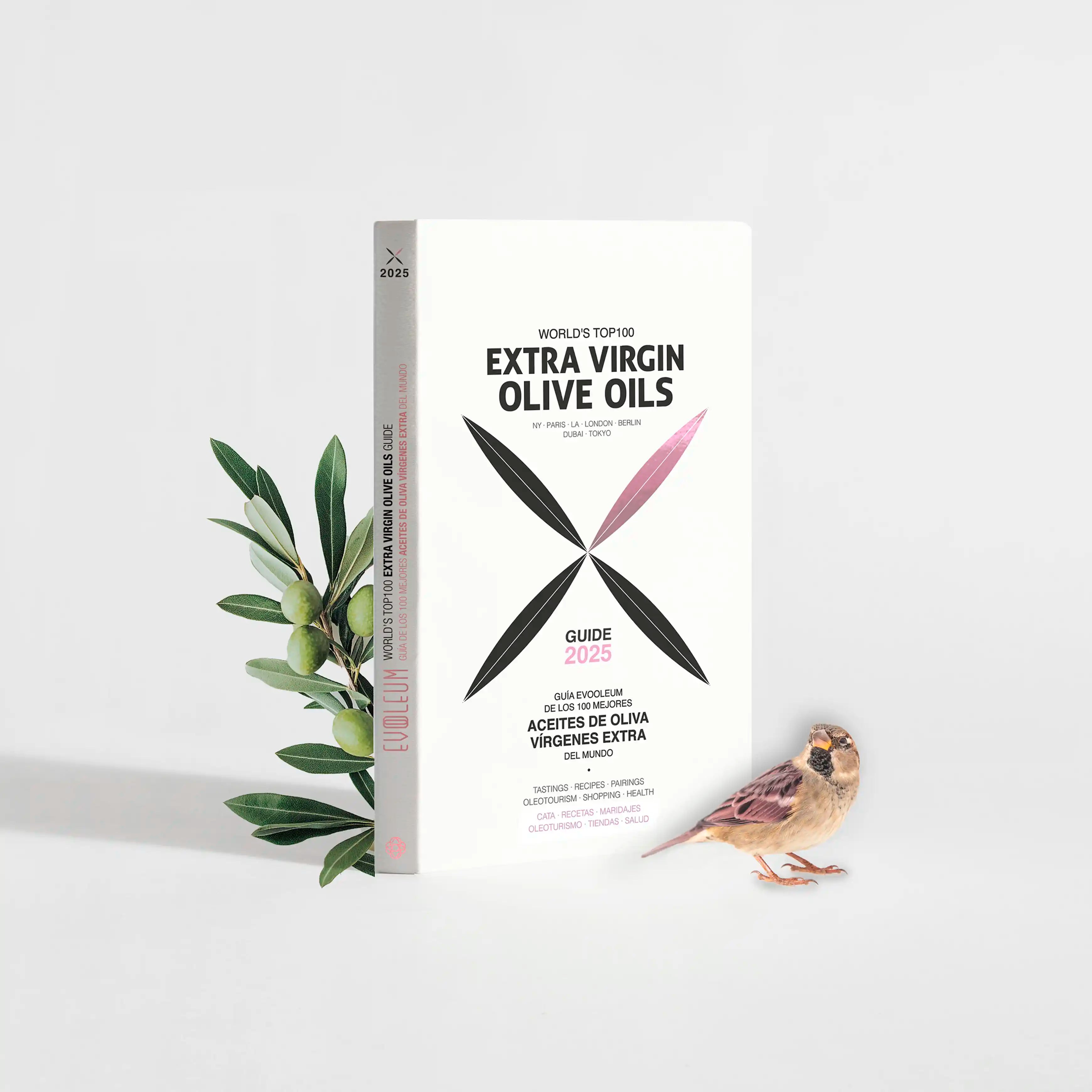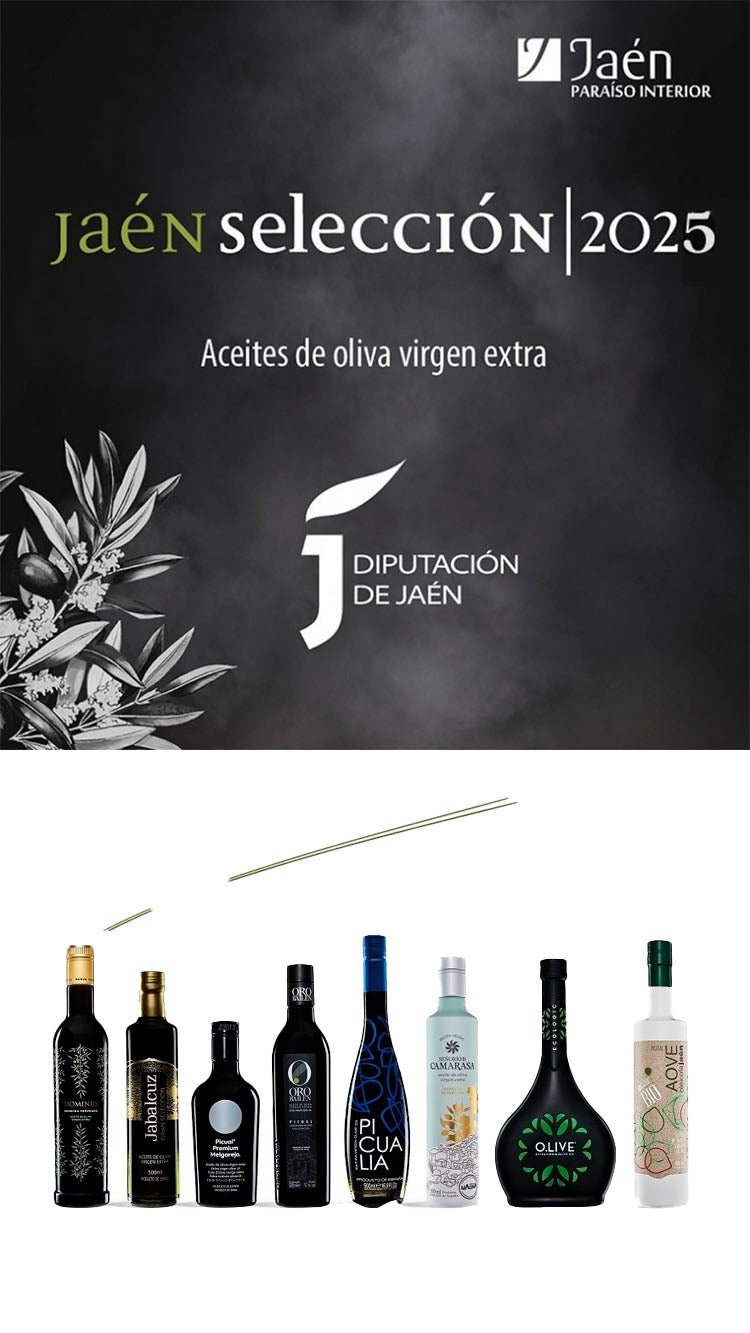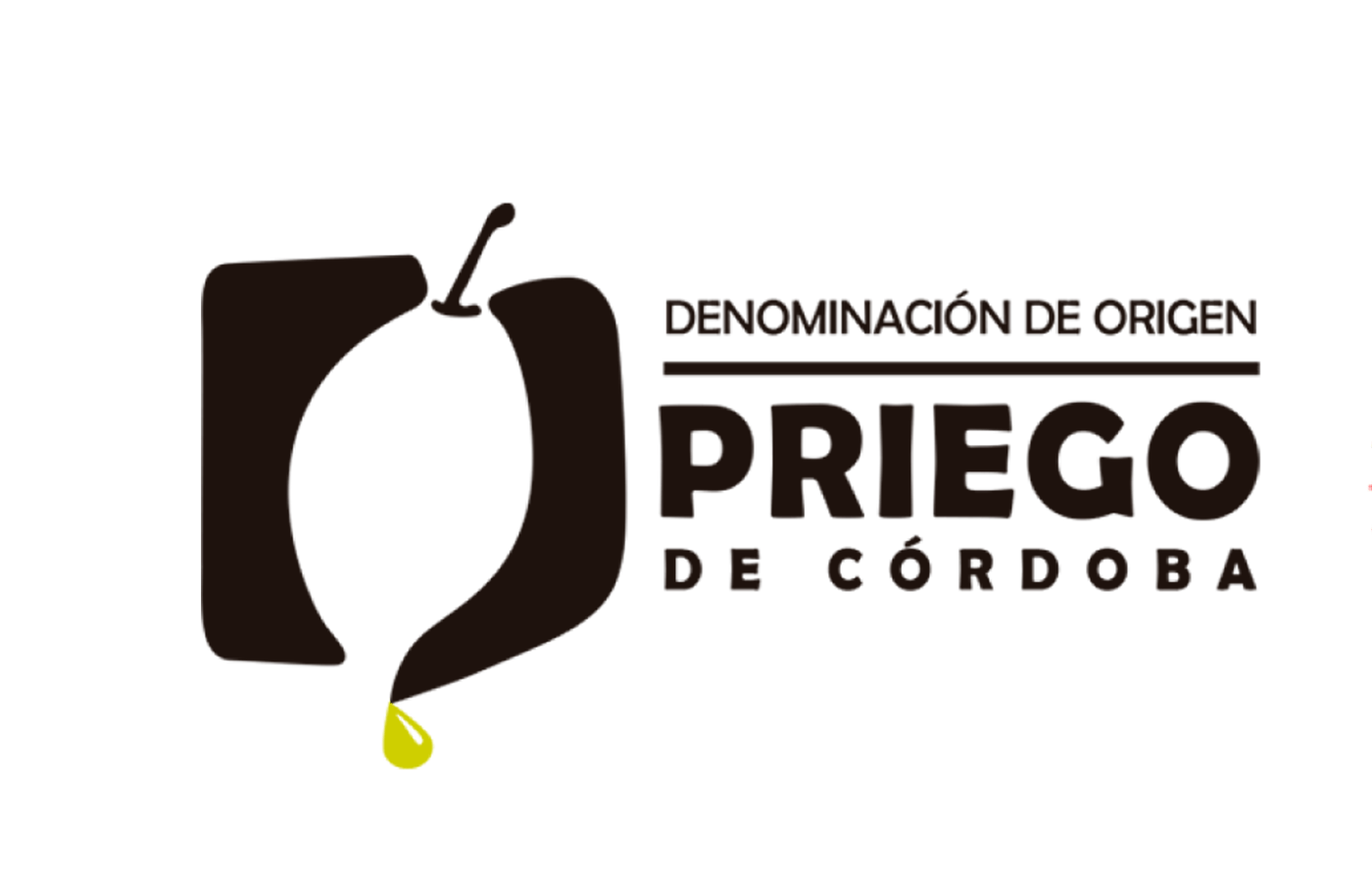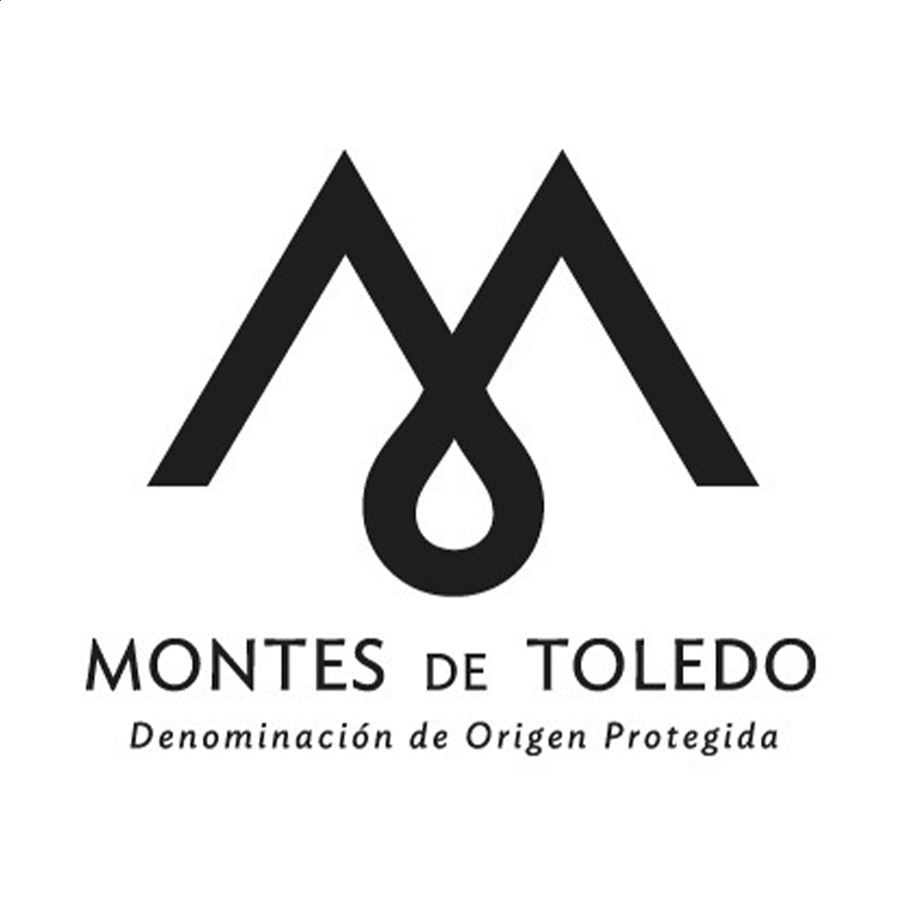
What is unfiltered extra virgin olive oil?
by Jerónimo Palacios on Mar 08 2025
Unfiltered or "raw" Extra Virgin Olive Oil is the highest-quality olive oil that hasn't undergone a filtration process using cellulose filters or earth filtration to remove organic residues and water.
As explained in our Extra Virgin Olive Oil Guide, olive oil is usually filtered to remove these residues because they can ferment, quickly spoiling the oil’s flavors and aromas. However, filtering also presents certain drawbacks.
The olive oil filtering process
When producing EVOO in the mill, the final phase involves a centrifuge separating the oil from the vegetation water and pomace. This machine, akin to a high-speed washer, separates components based on their density. However, this process isn't perfect, and a small amount of residual water and organic materials remain in the oil placed in storage tanks.
Ideally, the oil is filtered shortly after production to remove these residues, as prolonged presence could cause fermentation. It's essential to remember that extra virgin olive oil is essentially olive juice, and unlike products like wine, fermentation always deteriorates its quality.
The filtration typically involves cellulose pads or specialized filters that absorb water and residues. However, the process results in a product loss of about 2% to 5%.
Does filtering affect aromas and flavors?
One reason why unfiltered Extra Virgin Olive Oil is popular is because the filtration process, besides removing residues, might slightly reduce the intensity of aromas and flavors.
Raw EVOO is highly valued for its intense aromatic qualities compared to filtered oils. However, early-harvest EVOOs can achieve equal or greater intensity due to their harvesting and production methods.
Also, cooking with unfiltered olive oil might lead to unpleasant tastes if fermentation has started within the oil.
Unlike wine, where the absence of filtration can enhance the product, olive oil is a fat that begins degrading immediately after production. Keeping residues due to a lack of filtration only accelerates deterioration. This happens even in organic Extra Virgin Olive Oils.
It's important to clarify that unfiltered oil is not necessarily more intense than filtered oils. Most premium EVOOs surpass regular unfiltered EVOOs in both intensity and aroma complexity.
Avoiding fermentation for better preservation
If you're not planning immediate consumption or within the next few weeks, choosing filtered oil is advisable. Without proper storage conditions, unfiltered EVOO can quickly become rancid, developing unpleasant flavors and aromas.
This is particularly important if you're considering buying unfiltered EVOO bottled weeks or even months ago. You might notice sediment forming at the bottom of the bottle, indicating organic residue.
Key differences between filtered and unfiltered olive oil
The following table summarizes the key differences:
| Characteristic | Filtered Oil | Unfiltered Oil |
|---|---|---|
| Appearance | Clear, transparent | Cloudy, with sediment |
| Flavor & Aroma | More stable, balanced | More intense, fruity |
| Shelf Life | Longer-lasting, more stable | Shorter shelf-life, fermentation risk |
| Recommended Use | Cooking and raw consumption, long-term storage | Raw consumption, immediate use |
Advantages and disadvantages of filtered vs. unfiltered extra virgin olive oil
🟢 Advantages of Unfiltered Oil:
- Higher concentration of natural antioxidants.
- More intense, fruity flavor.
- Retains more natural olive compounds.
🔴 Disadvantages of Unfiltered Oil:
- Shorter shelf-life, risk of fermentation.
- Requires proper storage (avoid heat and light).
- May form sediment at the bottom.
🟢 Advantages of Filtered Oil:
- Greater stability and longer shelf life.
- Balanced flavor with reduced oxidation risk.
- Easier storage without concerns.
🔴 Disadvantages of Filtered Oil:
- Slight loss of polyphenols and antioxidants.
- Less intense flavor compared to unfiltered.
Author: Jerónimo Palacios, Co-founder of Molino y Cata, specialized store for Extra Virgin Olive Oils
Expert Review: Dr. Marino Uceda, Agricultural Engineer, Olive Oil Expert, Principal Investigator at IFAPA, and Advisor to the International Olive Council (IOC).
Last Reviewed: August 2025
Share




